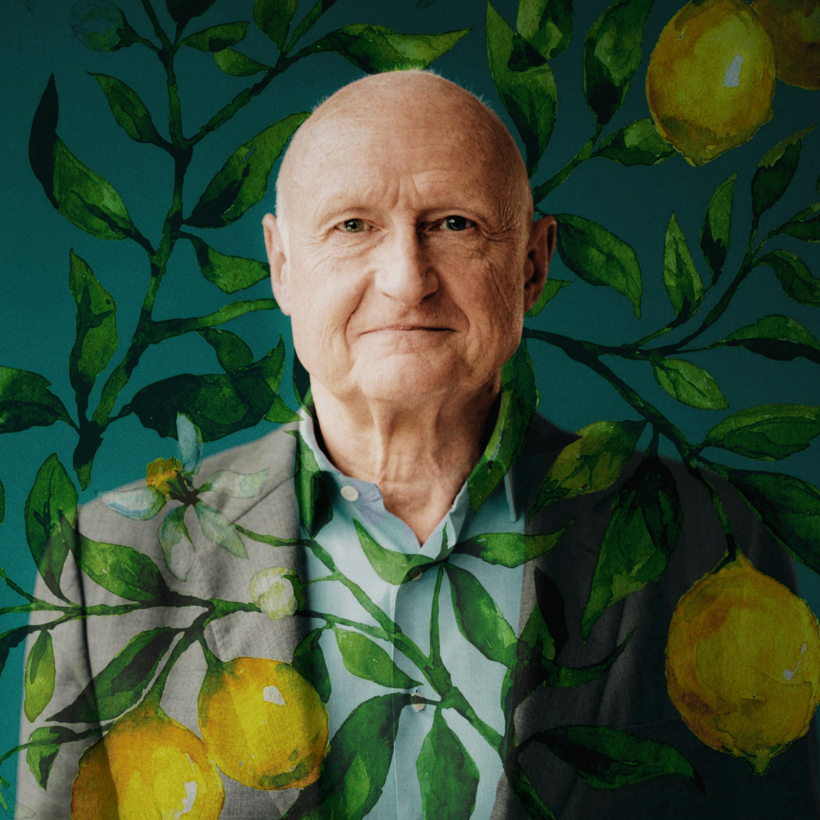Many consider Dominique Ropion the best perfumer of his generation. It’s easy to see why, given how many of his creations have become modern classics: Lancôme’s La Vie Est Belle, Givenchy’s Ysatis, Thierry Mugler’s Alien, and, perhaps most well-known, Portrait of a Lady for my father, Frédéric Malle. That perfume, with its indulgent rose and deep tones of amber and incense, is not only the scent I grew up associating with my mother, but also the one that’s come to define my father’s work with Ropion. “I wouldn’t have developed most of the perfumes I’m proud of if it weren’t for Dominique,” he says. “His style is the best of two extremes. While capable of the boldest strokes, he can also focus on the tiniest of details, sometimes spending days adjusting the smallest dose of a raw material to perfect his composition. He could balance an elephant with a feather.”
Ropion’s latest, Miu Miu’s Miutine, blends a citrussy, floral heart with a base of oakmoss and patchouli, and a background of fruit and brown sugar. “The vibrancy and regressive aspect of wild strawberry bring a lively and cheerful dimension to the scent, evoking a sense of joy and spontaneity,” says Ropion. It captures the brand’s youthful, confident woman, with Emma Corrin starring in the campaign. To celebrate its release, I asked Ropion about the scents he loves, the ones he hates, and those that have never left his side.




